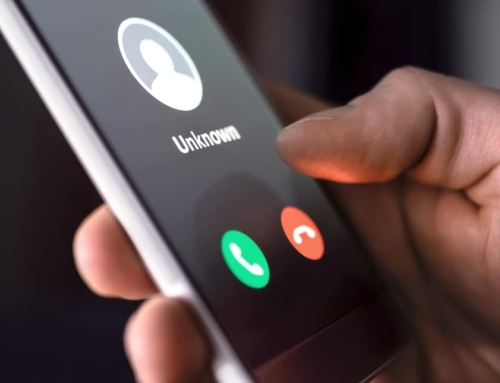April 15th has come and gone and for most Americans, the 2004 tax season is quickly becoming a foggy memory.
Unless your social security number was stolen and used to file a fake tax return. Or, in a twist that’s sending some parents into panic mode, unless your child’s social security number was poached and tacked onto someone else’s return in order to boost their refund.
That’s what happened to Ingrid, a Chicago-area resident who asked that her identity not be fully disclosed. When she went to file her taxes this year, her accountant discovered that the social security number of Ingrid’s nephew, who lives with her, had been poached and used on another return.
That caused the Internal Revenue Service to kick out her return, Ingrid said. She has already begun the months’ long process of filing the proper papers declaring the other return to be a fraud.
“Unfortunately, the IRS was less than helpful when I called,” she said.
Another Chicago resident, Kim Gill, who has had her own social security number stolen and used to file fraudulent tax returns during each of the past two tax years, decided to file in January this year. She was hoping to outsmart the thief who stole her identity in previous years and collected her earned income tax credit refund.
She discovered that her child’s social security number had already been used on another return.
Stealing personal financial information has become rampant. It almost feels like each week, another major company is sending out hundreds of thousands of letters to their customers warning them that their personal financial information might have been stolen or could be at risk.
In recent weeks, Ralph Lauren Polo stores said the credit card data of its customers had been stolen. LexisNexis, a data broker, revealed that thieves may have preyed on as many as 310,000 individuals using stolen passwords. ChoicePoint sent letters to nearly 150,000 individuals in all 50 states letting them know that scam artists posing as legitimate business owners had access to their personal financial information.
What can you do to protect yourself?
First, make sure your social security number does not appear on your driver’s license, checks, or other documents. Many medical insurance companies are replacing social security numbers as the identifying number with random identity card numbers.
Next, go through your wallet and extract only the credit cards, and other pieces of identification that you need on most days. Everything else should stay locked up at home, preferably in a fireproof safe.
Make a photocopy of everything you keep in your wallet. Be sure to photocopy the front and back of each card. Keep that piece of paper handy, because if your wallet is stolen, you’ll have all the information you need to quickly put a stop on your credit cards.
Experian, Equifax and Trans-Union now offer a variety of services that all center around the idea of letting you know if something changes in your credit history or credit score. So, if you (or someone else) opens up a new piece of credit using your social security number, you’ll get an email alerting you.
For example, the Equifax Credit Watch Gold program costs $99 per year. For that chunk of change, you’ll get daily alerts to key changes in your credit history, unlimited copies of your credit history and $20,000 in identity theft insurance, in case you experience losses in cleaning up your credit after someone has stolen your identity. Equifax’s Credit Watch Silver programs offers only $2,500 in insurance proceeds, gives you weekly alerts about your credit file, and just one copy of your credit report.
Not ready to pay the big bucks? Then, be smart about how you use your one free credit report per year from each of the three credit reporting bureaus. At AnnualCreditReport.com, you can sign up for your free credit report. You can get your free report from each of the credit reporting bureaus at once, or spread it out over the year, getting one report from each bureau every four months.
If you’ve already used up your free credit reports, you can purchase a 3-in-1 report from the credit reporting bureaus for less than $40.
It’s up to you to make sure nothing funny is going on with your credit history. If your identity is stolen, and someone runs up a $100,000 credit card bill, you’re the one who will have to clean up the mess — and deal with the short-term problem of proving your good name.
Next week: Last year, millions of Americans had their identity stolen. What should you do if yours gets poached? I’ll run through the specific steps you’ll need to take to clear your good name.




Leave A Comment